#chevrolet
Confusing Choices: Chevrolet Silverado EV to Debut at CES 2022
All-electric pickup trucks are easily one of the strangest new vehicle segments of the day. Designed to appeal to a demographic of American motorists that normally wouldn’t give EVs a second glance, they’ve probably managed to get more tech nerds interested in pickups than anything else. Leathery dudes who have labored outdoors their entire lives remain dubious that fuel-deprived products will make ideal working vehicles. But there are outliers and their younger (or wealthier) counterparts seem much more willing to entertain the marketing push behind the sudden onslaught of bedded electrics. And one wonders where these trucks are supposed to belong.
On Thursday, General Motors announced that the Chevrolet Silverado EV will be making its official debut at CES 2022 — a venue that has become synonymous with highfalutin electrics both real and imagined. With traditional automotive trade shows being canceled left-and-right over pandemic fears, the event formerly known as the Consumer Electronics Show may have been Chevy’s best option. But it also opens up questions about what kind of customer is being targeted by the manufacturer.
Rare Rides: The 2003 GMC Yukon 2500 XL, a Quadrasteer Experience
Today’s Rare Ride coverage was prompted when your author saw an unusual pickup truck on the roads of Cincinnati. The truck in question was a black Sierra Denali from the early 2000s, with a telltale feature on its rear fenders: little lights on either side. Let’s talk Quadrasteer.
Will Chip Shortage Dethrone GM's Sales Dominance?
Ninety years. That’s the amount of time that General Motors has led the sales charts in the U.S.
That may change this year, according to industry bible Automotive News, because of the ongoing microchip shortage.
Quantum Leaps - 1999 Chevy Silverado EV2
In 1996, General Motors unveiled the first modern electric car: The EV1. Built to prove that GM could satisfy California’s then-new zero-emissions regulations, the EV1 was a quick, efficient, electric two-seater that could be plugged into a standard 110 outlet. By all accounts, the car was well-loved by its owners lessors, but wasn’t profitable enough for GM to make a business case for the development of an EV2. GM halted production after the 1999 model year.
What if they hadn’t stopped there, though? What if, instead of cancelling the EV1, GM had decided to build on everything they’d learned about EVs and doubled down on it, using economies of scale to drive down costs to a level that could have been profitable? What if they had a platform that they already knew they were going to make hundreds of thousands of, every year, standing by at the ready? And, finally, what if that platform had been sturdy enough to carry around an extra thousand pounds of battery without breaking a sweat?
They did, and the 1999 Chevrolet Silverado EV2 is the story of GM dominance that never was.
2023 Chevrolet Corvette Z06 Shown, Specs to Come
Chevrolet’s Corvette Z06 will be revealed in full on October 26. In advance of that, the brand has put out the first official image.
This follows a teaser video from July.
The Right Spec: 2022 Chevrolet Tahoe
In terms of sales, the Tahoe/Yukon and its larger cousins are the beyond-dominant leaders in the full-size SUV category. Blame (or thank) a robust fleet program that places these brutes in the hands of most security forces across our nation. If you spy a black Tahoe or Suburban parked outside your home … well .. you’ve seen the movies.
This is, in this author’s opinion, part of the cosplay when private individuals buy them for schlepping their family back and forth to school or the soccer game. For the 2021 model year, GM imbued these machines with a dose of new style and more efficient packaging; for 2022, they’ve upped the availability of certain powertrain combinations. It’s the latter that has made Tahoe a great candidate for today’s post.
Chevy Bolt Fire Fix Allegedly Finalized
The Chevrolet Bolt has evolved from being General Motors’ superstar EV, radiating optimism for the company’s ambitious electrification strategy, to a public relations nightmare in relatively short order. While sales of the hatchback (and EUV) actually skyrocketed in Q2 of 2021, thanks largely to a diminished production output from the same period in 2020, shoppers are becoming aware of the fire reports and prolonged recall campaign that followed.
Another chapter has been added to that story, with GM now convinced that this will be the conclusion of the dejected tale. On Monday, the manufacturer issued an announcement that batteries for the Bolt had resumed production. But they won’t be coming out of the South Korean facility owned by LG Chem that’s been alleged as ground zero for the relevant defects. GM has instead elected to source the units from Michigan while LG improves quality assurance with the automaker peering over its shoulder, hopeful that customers will someday be able to use their car normally. Sadly, that moment still looks to be several months away.
Buy/Drive/Burn: Basic Japanese Compacts From 2008
Today’s Buy/Drive/Burn trio are the 2008 versions of the same Japanese compacts from last time. Many of you were split on the relative goodness of 1998’s Civic versus Corolla, but agreed Sentra should burn. Do those views change when the cars are from 2008?
The Chevrolet Bolt is Becoming Embarrassing for GM
If you’ve been following the Chevrolet Bolt, then you know it’s gone from a competitive front-motor, five-door all-electric subcompact to a tinderbox on wheels. Battery issues have resulted in numerous recalls while the associated fire risk is gradually making it the spiritual successor to the Ford Pinto flambé edition. Though, in fairness, the Bolt issue is nowhere near as devastating as those vintage Ford fires and pales in comparison to the General Motors’ own faulty ignition switch fiasco that left over 100 people dead.
It’s still leaving a bad impression, however, and GM’s latest decision (prudent as it might be) won’t be helping. As part of the recall campaign, the manufacturer has advised owners not to park the vehicle inside garages or close to buildings. It also has a charging protocol for customers to use to help minimize its risk of spontaneous combustion. Following yet another fire incident, GM has updated those recommendations and now advises drivers to park the Bolt at least 50 feet away from all other vehicles.
Buy/Drive/Burn: Basic Japanese Compacts From 1998
We continue our 1990s-then-2000s series today, with the Japanese counterpart to the American compacts presented here recently. These Japanese compacts from 1998 represented the last of the Nineties’ Golden Era quality. Civic, Sentra, Corolla, make your pick!
2022 Chevrolet Silverado Addresses Previous Critiques, Adds ZR2 Trim
The full-size truck race is competitive, and one can’t afford to fall too far behind.
After a few years of hearing criticisms concerning the Silverado, and how it’s not as stylish as the Ram 1500 or well-done as the Ford F-150, Chevrolet has unveiled an updated truck, with the intent of blunting those critiques and getting back in the game.
Buy/Drive/Burn: Economical American Compacts From 1982
Our recent Rare Rides coverage of the Chevrolet Citation made one thing very clear: We need more Citation content. Today’s 1982 Buy/Drive/Burn lineup was suggested by commenter eng_alvarado90, who would like to see all of you struggle. Citation, Aries, Escort, all in their most utilitarian formats. Let’s go.
Rare Rides: The Chevrolet Citation Story, Part II
We continue our Chevrolet Citation coverage today, just after the economy car’s 1980 introduction to critical acclaim and huge sales figures. Unfortunately for GM, the Citation’s true personality was quickly exposed, and things were entirely downhill from there.
Rare Rides: The Chevrolet Citation Story, Part I
Born at the turn of the Eighties during a very lackluster period in the American automotive landscape, the Chevrolet Citation was a successful entry into the hot compact segment. It debuted to immediate sales success as a budget used car buy and won a major award. Could it be the ultimate economy car for the Eighties?
It’s Citation time.
GM Halts Production at Nearly All U.S. Plants, Chip Shortage to Blame
The chip shortage has struck again.
General Motors is going to temporarily halt production at most of its North American assembly plants, starting Monday, because the shortage of semiconductor chips continues.




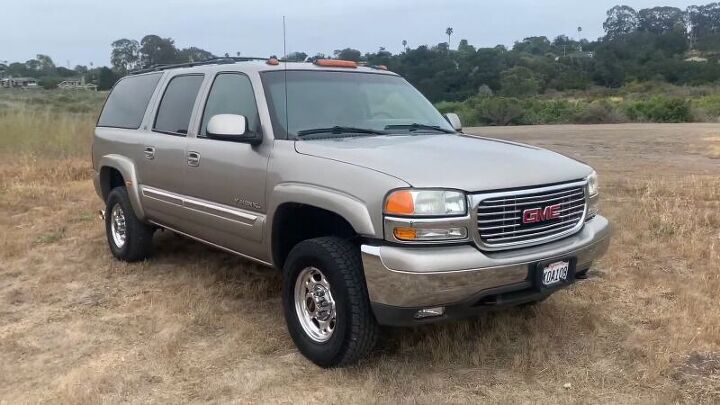
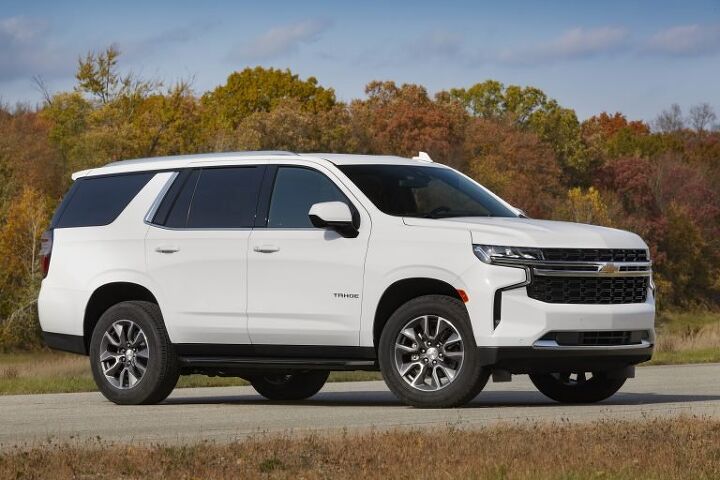

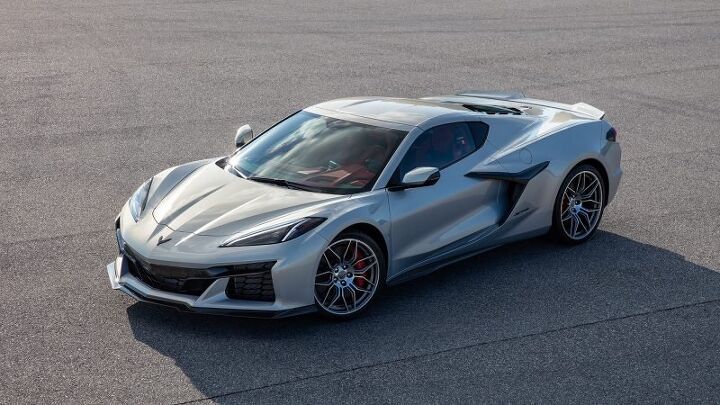

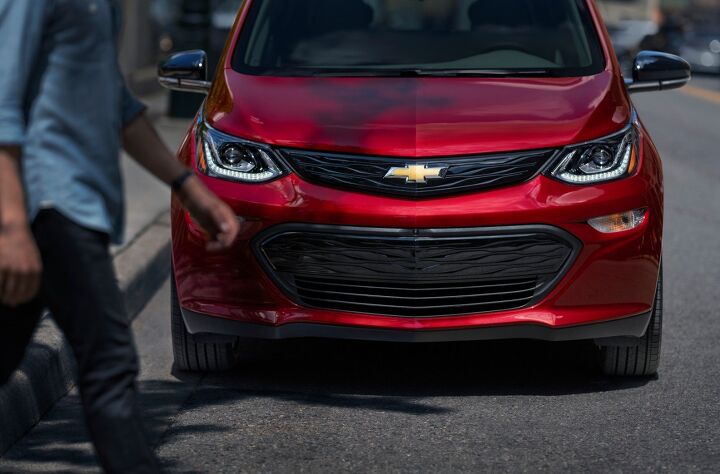



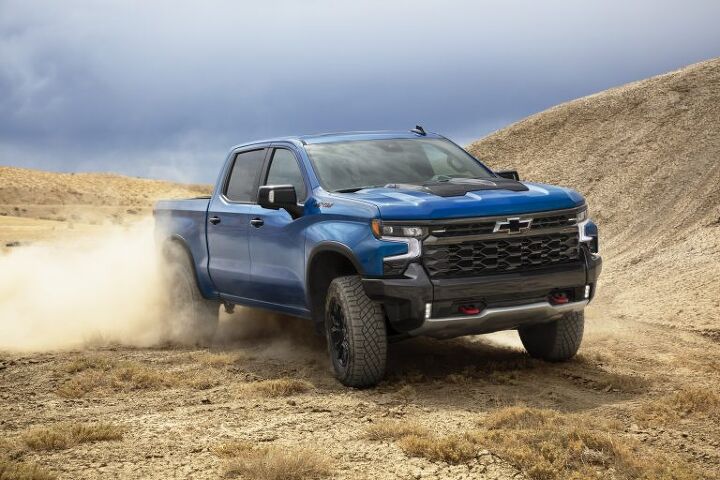
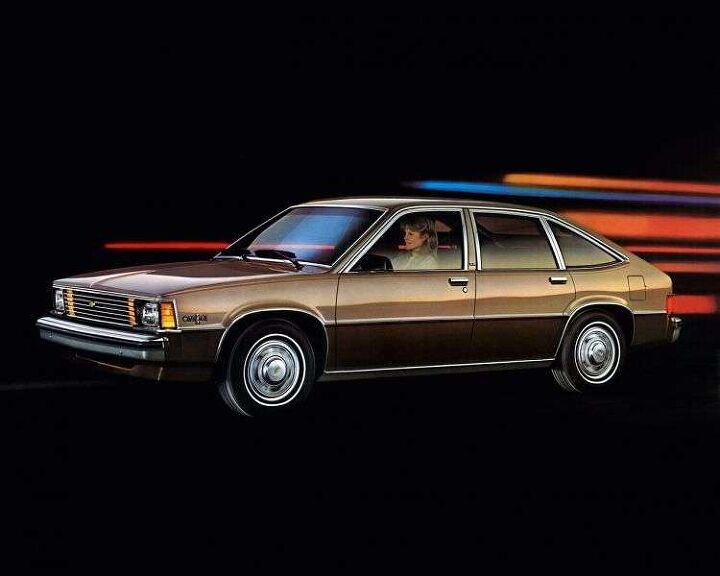

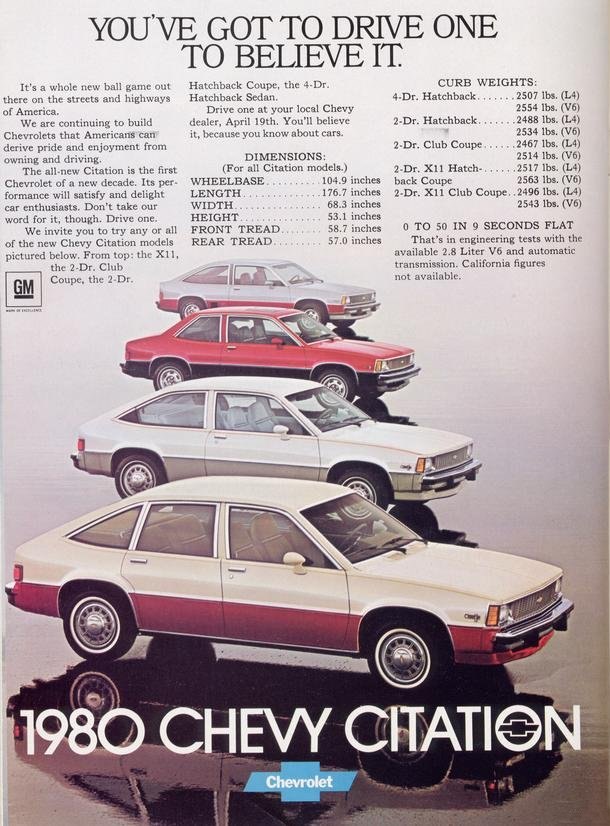













Recent Comments